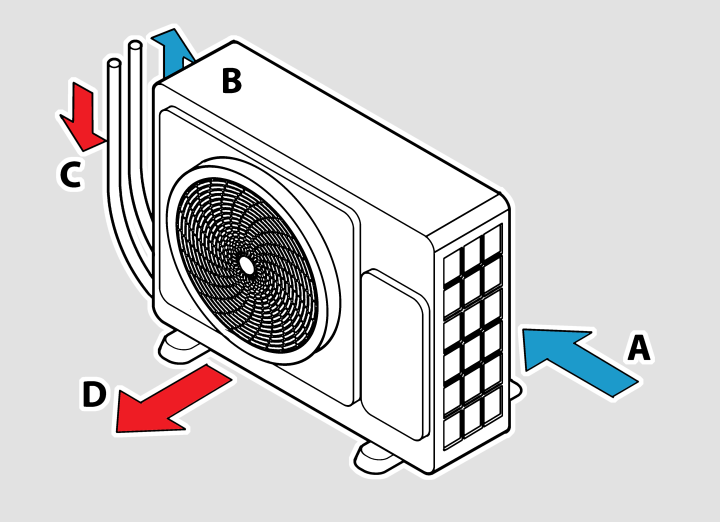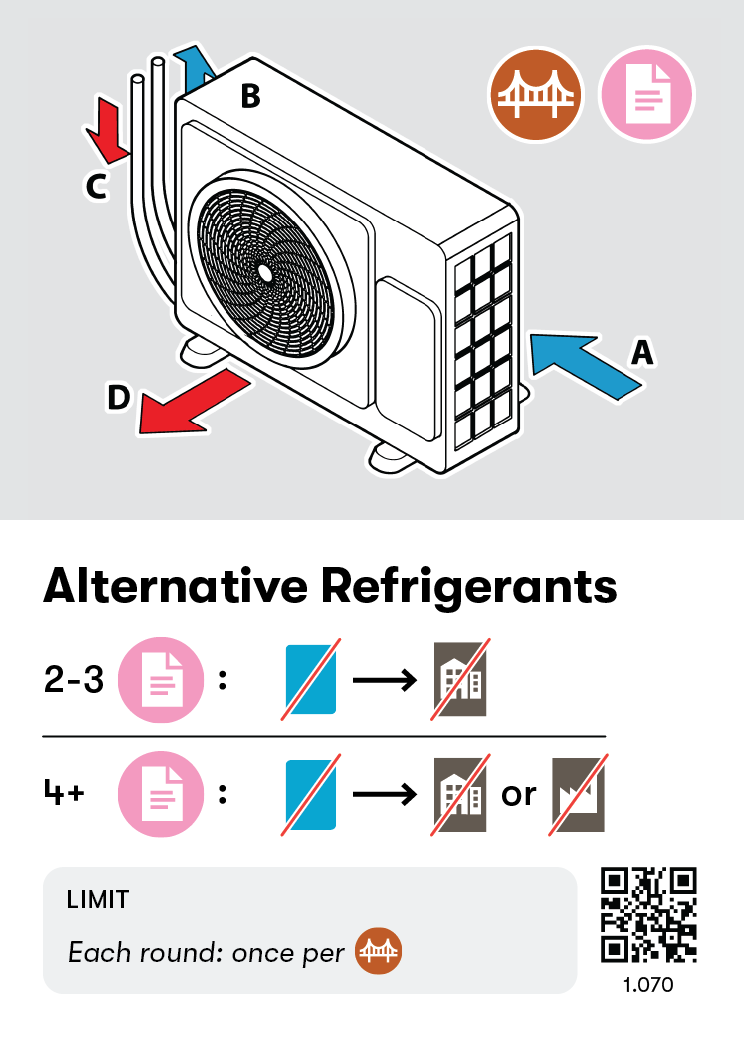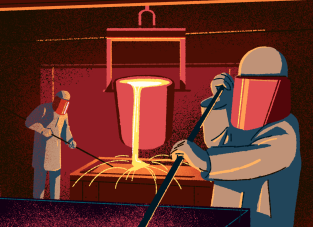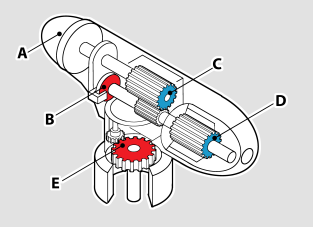Alternative Refrigerants
Local Project
Conventional refrigerators, air conditioners, and other cooling devices use chemicals called hydrofluorocarbons (HFCs) or hydrochlorofluorocarbons (HCFCs) to remove heat from a space. Refrigerants repeatedly change from liquid to gas in a closed piping system as they transfer heat into a space being warmed and out of a space being cooled. The climate challenge is that no “closed” system is perfectly, permanently sealed. When these substances escape into the air — which they too often do — they produce a significant global heating effect
In 2016, the Kigali Amendment to the Montreal Protocol was published, under which countries agreed to phase out the use of HFCs. But despite this amendment, many of these chemicals remain in (and leak out of) devices today, including HCFCs.
The good news is that substitutes exist, including ammonia, carbon dioxide, propane, and isobutane. Researchers and companies continue to look for new alternatives as well. Where HCFCs are used as refrigerants, we have better techniques for installation, maintenance, and end-of-life disposal that can minimize their leakage into the atmosphere. The faster we can replace and safely recycle the HFCs still in use, the less their ultimate adverse impact on the climate will be. And if we increase the energy efficiency of cooling systems, so much the better.
If there are 2–3 Regulation tags in this card's stack, discard 1 card from your hand and remove 1 Buildings Emissions token from your player board. if you have 4 or more Regulation tags in this card's stack, discard 1 card from your hand and remove 1 Buildings or Industry Emissions token from your player board.
You may take this action once per Infrastructure tag in this card's stack each round.

Refrigerant (Wikipedia)
Alternative Refrigerants (Project Drawdown)
Climate-Friendly Alternatives to HFCs (European Commission)
GreenChill Best Practices Guideline: Commercial Refrigeration Leak Prevention & Repairs (US Environmental Protection Agency, EPA)
Encourage local restaurants, grocery stores, schools, etc., to identify what kinds of refrigerants they use and to select low–global warming potential refrigerants when available.
Encourage your government representatives to create incentives for recycling and replacing conventional refrigerants and to phase out harmful refrigerants
If you are considering having refrigerant-containing equipment installed or removed from your home, such as air conditioning and heat pump units, ask your technician what procedures they follow for refrigerant charging and disposal, and follow the manufacturer’s recommendations for preventive maintenance to save yourself money and spare the climate if a leak does occur.



